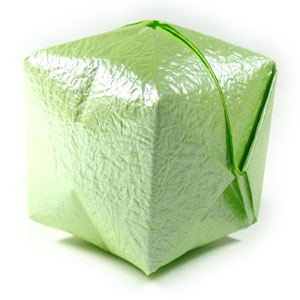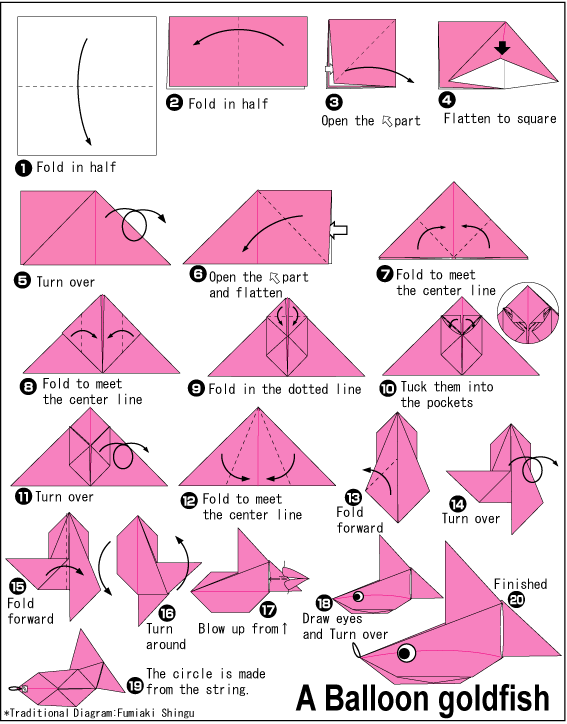
Yaroslava Nikashin, 35, an easy-going and warm social worker at Dzherelo, says that her work in recent months has focused on supporting parents and ramping up psychological help and counselling for caregivers. After months at home with Plyush in Hola Prystan, she also has separation anxiety, screaming if her mother is out of sight for more than a few minutes.īut it’s not just Teona who has needed extra care after all the stress she has endured. Plyush is relieved that Teona can resume the therapy she needs, and not be isolated any longer.ĭespite her sunny disposition and the friends she’s made at Dzherelo, Teona is still on edge following her ordeal. Now, Plyush, her husband and Teona live with her sister in Lviv. Teona wailed throughout the arduous two-day journey from Hola Prystan into Lviv. The last straw came when she heard about the Russian army kidnapping civilians or fighters with Ukrainian loyalties. The only times she left the house were to dash out to the market to buy food. “Rockets were flying everywhere and there were no air raid sirens to warn us,” she recalls. A mild-mannered woman with a determined gaze, she sits ramrod straight in her chair as she speaks, occasionally glancing at Teona as she plays with Sofia. “All the facilities for children with developmental disabilities shut down because they refused to cooperate with the Russian occupiers, which we think is the honourable thing to do,” Plyush says. She grew agitated, covering her ears and screaming constantly. Teona had been confined to their home for several months, unable to go to school or see any of her classmates, who had all gone to Poland or Romania with their families. For months, her mother clung to the hope that Ukrainian forces would liberate the area. Teona has non-verbal autism, and before the Russians overran Hola Prystan she had been attending a kindergarten that provided play and speech therapy. She and her mother, Viktoria Plyush, 33, fled by train, waiting fearfully at dangerous checkpoints before arriving on July 9, just over four months after Russian forces captured their hometown of Hola Prystan in the southern region of Kherson. Watching the two interact, it’s hard to imagine that the last few months have been intensely traumatic for Teona in ways that she cannot articulate.įor now, she is safe at the Dzherelo Children’s Rehabilitation Centre, an NGO offering rehabilitation services and treatment for young people with disabilities in the western Ukrainian city of Lviv. Her job is to help Teona improve her social skills. Speaking to her in a kindly, measured tone is a play therapist, Sofia.

She seems cheerful and vivacious, occasionally crying out in joy.

You can start with any paper that you have around.Lviv, Ukraine – Four-year-old Teona sits in a room filled with purple beanbags and other sensory toys, patting an inflated balloon vigorously with both her hands. We know that you'll have as much fun with these designs as we have. These items are not only easy to make, they are fun to use also. You can find easy animals over on the Origami Animals section. We always use a 6" x 6" (or 15cm x 15cm) square origami paper for the models unless we state otherwise. Still, they are no less enjoyable than the more complicated designs.īelow are some easy and simple origami designs to get started with. These classic simple origami designs can be made and mastered in a few minutes.


 0 kommentar(er)
0 kommentar(er)
